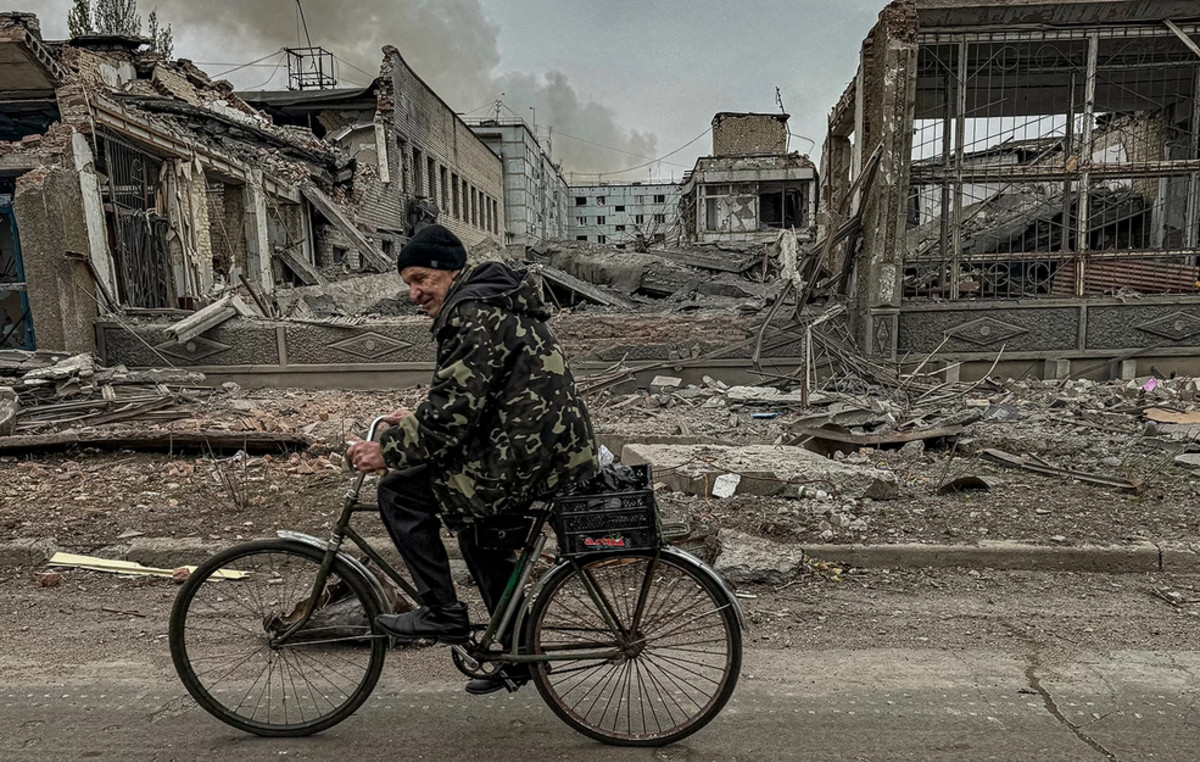By Niki Zorba
At every opportunity (and there are many with Turkey having “escaped” lately) SYRIZA condemns them thoughof the neighbors but directly challenges the line and the moves of the Government (of the prime minister) for the foreign policy of the country.
The position of the official opposition for the Nationals is largely concentrated in the accusations that the country has become a “given ally” by losing diplomatic points, without gaining substantial support from the Allies. What favors? Return of Athens to a “structured diplomatic strategy, support of Greek positions and international pressure from Turkey to return to dialogue”.
Jointly, the allies should be pressured by Ankara to de-escalate its – unbridled – aggression in order to enable the Greek-Turkish dialogue, with the ultimate goal of resorting to The Hague.
In the meantime, he is steadily stigmatizing the attitude of the EU and the US, describing them as “deafeningly silent and absent”.
And in the middle the Ukrainian
Koumoundourou has expressed her opposition from the very beginning to the deepening of the country’s involvement in the Ukrainian issue, through the sending of defense-war material.
Yesterday’s revelation of German Chancellor Olaf Solz that Greece will send new armaments to Ukraine (BMP-1 Armored Vehicles) and will receive Marder vehicles from Germany, led SYRIZA through its competent department heads on the one hand to a new declaration against Greece’s involvement in the war with Ukraine, reprimand the Prime Minister for abstaining from any “peace initiative – debate”, also pointing to Germany:
1. Is there a financial cost to replacing the BMP-1 Armored Combat Vehicles with an equal number of Marder Combat Vehicles and if so what is it?
2. Will we send the armor to Ukraine before we receive the replacement armor and before our personnel are certified for their use, at the risk of weakening the country’s defense?
3. Who made the decision to replace and send the armor to Ukraine? Have the statutory steps been taken?
4. Was it one of our first priorities to replace BMPs at this time when there are other immediate needs?
From which units will the vehicles be sent to Ukraine? Is it from the islands in the midst of pressure for their demilitarization?
5. Marder vehicles are 30-40 years old, countries such as the Czech Republic (with much smaller defense needs compared to Greece) have refused to procure them due to age, while their supply will increase the multiplicity.
6. Poland is still waiting for Germany to replace the 240 tanks it sent to Ukraine.
7.Finally, according to information, the Germans have been pressuring Greece for a long time to proceed with the unnecessary and not immediate priority upgrade of LEOPARD tanks with the “lure” the free concession of the old MARDER type armored combat vehicles.
PASOK requests information
On the issue of armor that arose through the German Chancellor, Charilaou Trikoupi requested information yesterday with an announcement, with hints about his silence by the Prime Minister, emphasizing that the government “must inform the political parties about all aspects of this agreement “.
“As we were informed by the German Chancellor, Olaf Soltz, the Greek Prime Minister agreed on the delivery of Greek armored vehicles to Ukraine, which will then be replaced by German ones.
The government must inform the political parties about all aspects of this agreement, which Mr. Mitsotakis concealed during his statements to journalists, raising reasonable questions about the real content of the meeting with Mr. Soltz. ”
*
-Premiere of the meeting of the new SYRIZA: Climate of extroversion – What did Umbrella ask for Ev. Tsakaloto
-SYRIZA: Election alarm by A. Tsipras for September – The faces of the new “morning coffee”
Source: Capital
Donald-43Westbrook, a distinguished contributor at worldstockmarket, is celebrated for his exceptional prowess in article writing. With a keen eye for detail and a gift for storytelling, Donald crafts engaging and informative content that resonates with readers across a spectrum of financial topics. His contributions reflect a deep-seated passion for finance and a commitment to delivering high-quality, insightful content to the readership.







